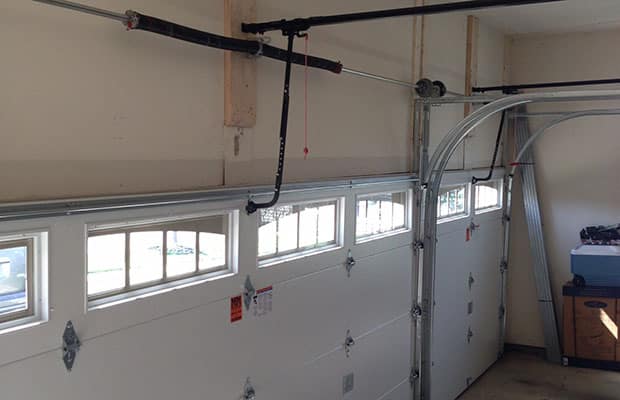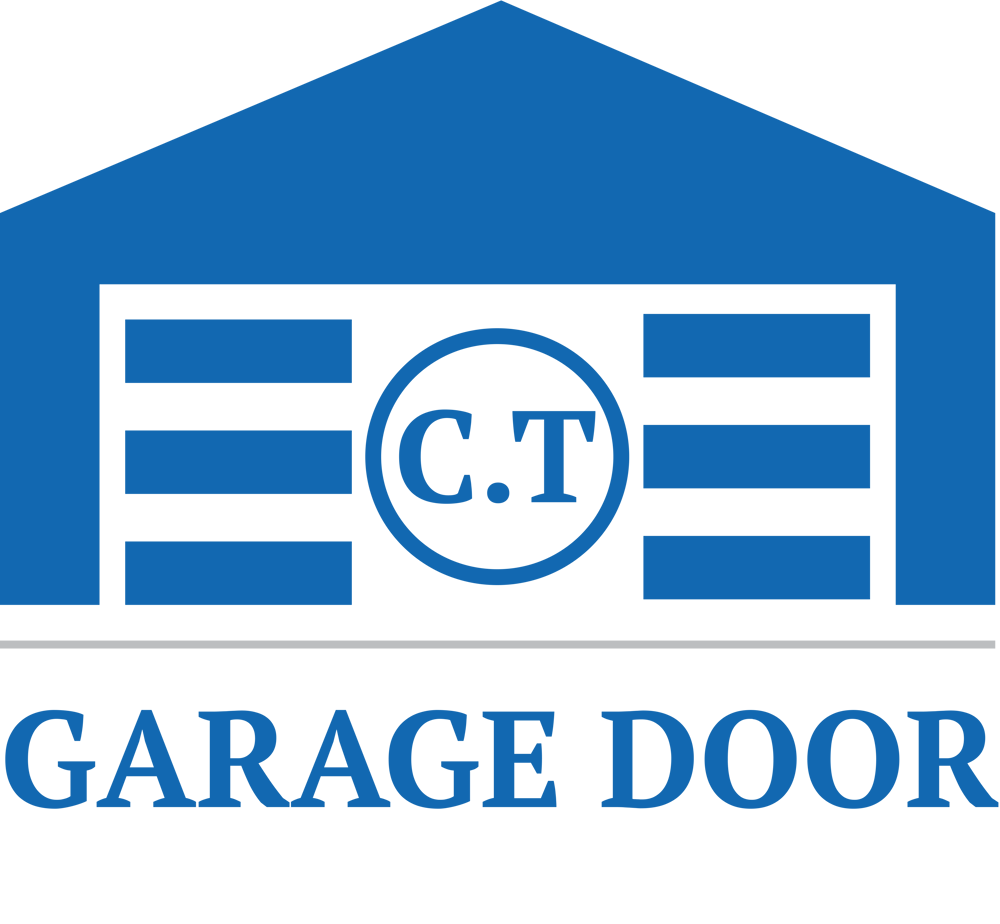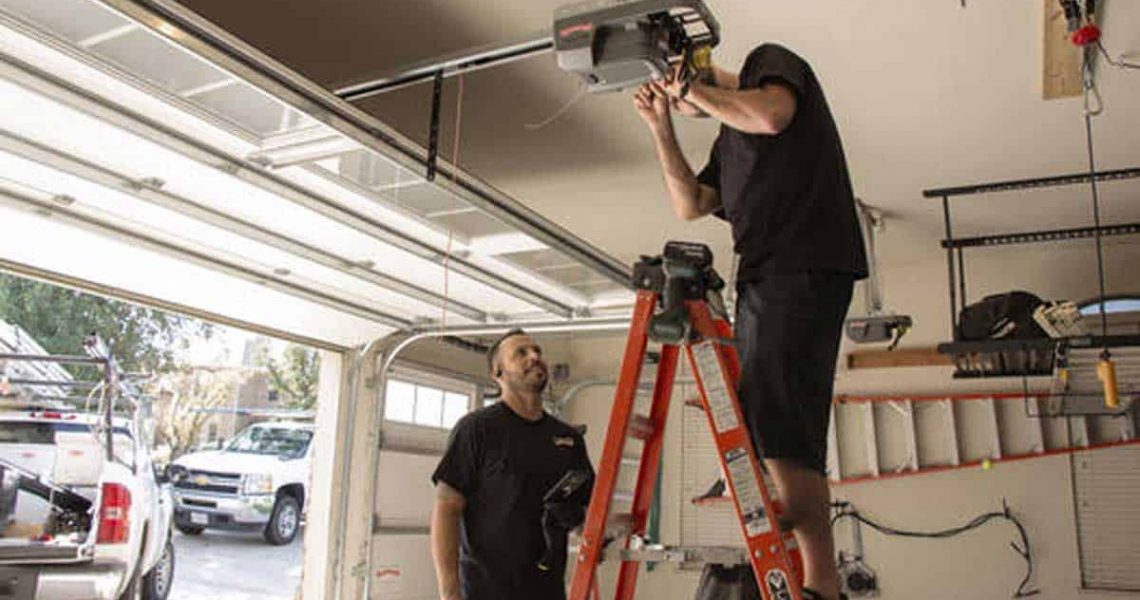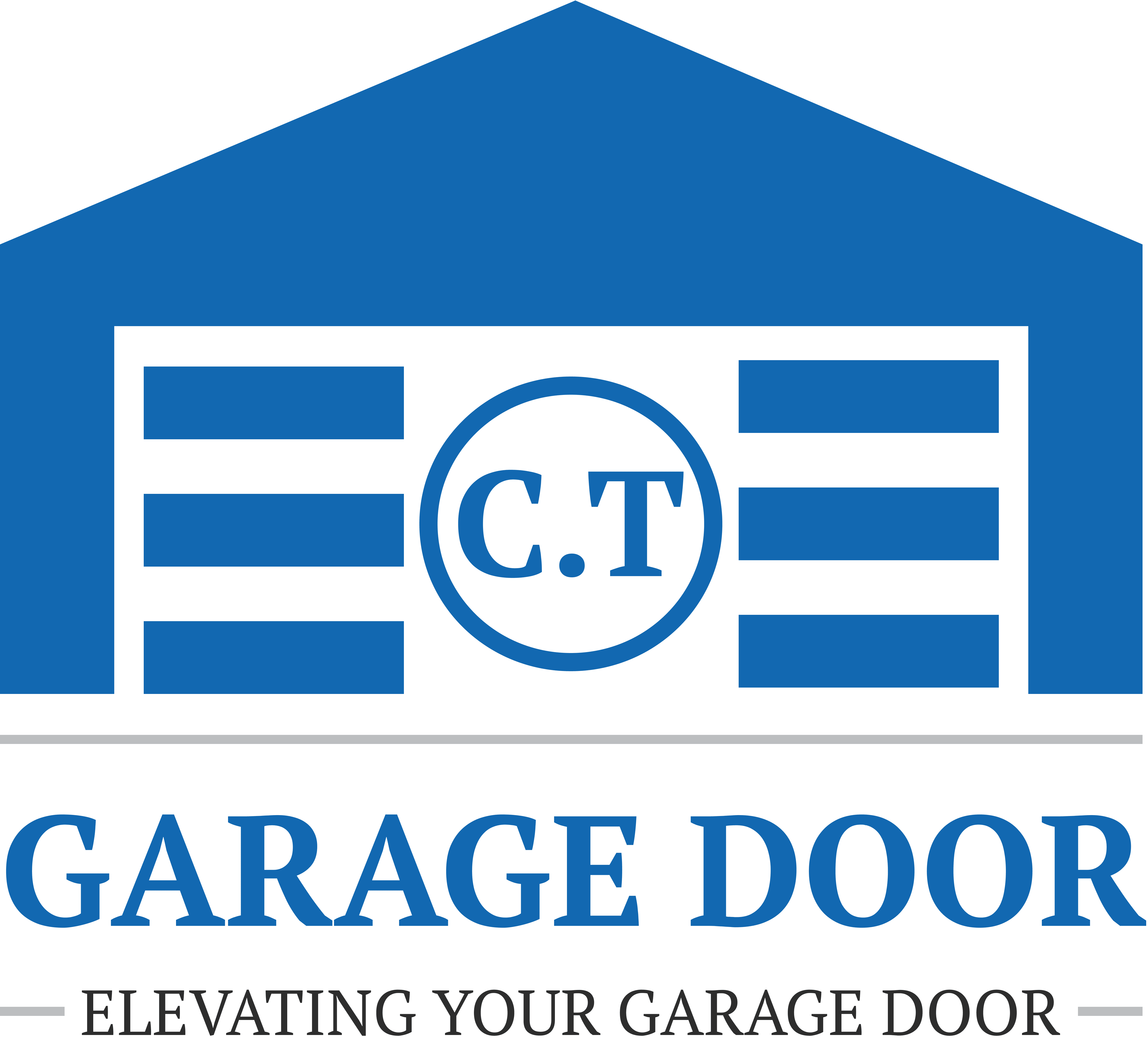Navigating through the daily use of your garage door seems simple enough until you’re faced with a hiccup: the keypad isn’t cooperating. You punch in your code, but the familiar hum of the mechanism remains eerily absent. Frustration mounts, particularly when you’re in a rush or arriving home after a long day. A professional garage door repair service in Wellington can certainly assist with such inconveniences, but let’s delve a bit deeper into understanding the common issues related to keypad malfunctions and explore practical steps you can take towards a solution.
Knowledge about how these keypads work and what can potentially go wrong empowers you to effectively troubleshoot issues, saving both time and unnecessary stress. This article aims to provide you with a clear understanding of the common problems associated with garage door keypads and straightforward repair steps. So, the next time you face any hiccups with your keypad, you won’t be left scratching your head. Let’s dive into the world of garage door repair in Wellington and provide some insights into those pesky keypad issues. Remember, while self-help is a fabulous starting point, professional help is merely a call away when things get complicated!
Common Keypad Malfunctions in Wellington Garage Doors
Modern life offers an abundance of technological conveniences, but with them come occasional hitches and glitches. The realm of garage door keypads is no exception. In the picturesque town of Wellington, where countless homes rely on garage doors for daily convenience and security, several common keypad malfunctions can occur. Understanding these issues can go a long way toward getting things back on track quickly.
Battery Drain: Yes, it might sound overly simple, but many garage door keypad issues stem from exhausted batteries. Over time, with regular use, batteries lose their charge and need replacing. If your keypad isn’t lighting up or registering input, it could just be time for some new batteries.
Wear and Tear: Just as your favorite shoes show signs of use over time, so does your garage door keypad. Constant exposure to the elements, particularly in a region like Wellington with its unique climate, or simply repeated use, can wear down the buttons. This means, occasionally, a number might become unresponsive or hard to press.
Wire Damage: Behind that exterior shell, the keypad is connected through a series of wires. If one or more of these wires become damaged or dislodged, your keypad can act erratically or even fail to function altogether.
Sensor Misalignment: Garage door keypads often rely on sensors to communicate with the main system. If these sensors get misaligned, it can disrupt the smooth functioning of the keypad, making it seem like there’s a major fault when it might just be a minor realignment issue.
External Interference: Believe it or not, external electronic devices or certain architectural structures can interfere with the signals from your garage door keypad. If you’ve ever found your keypad working sporadically, this could be the sneaky culprit.
Outdated Software/Firmware: Like any tech device, garage door keypads get updates to their software or firmware. If your keypad seems to be ‘acting up,’ it might just need an update.
The key to addressing these common malfunctions is to first identify the root cause. Once you know the issue, garage door keypad repair becomes a more straightforward task. While some of these problems can be fixed with a simple DIY approach, others might require the expertise of a professional.
In many cases, the best course of action is to seek out expert advice, especially when you’re uncertain about the nature of the malfunction or uncomfortable tackling it on your own. With the right knowledge and, if necessary, professional assistance, ensuring the smooth operation of your garage door keypad becomes an achievable goal. Remember, a functioning keypad not only ensures easy access but also contributes to the safety and security of your Wellington home.

Diagnostic Tips: How to Pinpoint Your Keypad’s Issue
In the vast landscape of garage door components, the keypad stands as a vital point of interaction for homeowners. When it falters, the inconvenience is palpable. But before diving headfirst into panic or costly repairs, taking a moment to diagnose the issue can prove incredibly beneficial. Here are some diagnostic tips to help pinpoint your keypad’s problem and guide you towards the most effective solution.
Visual Inspection: Start simple. Look over the keypad for visible signs of damage. Are any buttons sticking out or looking worn? Has the casing been compromised in any way? A straightforward visual assessment can sometimes reveal the obvious culprits.
Battery Check: As previously mentioned, battery issues are common culprits. Confirm that the batteries are still functional by using a tester or by replacing them with new ones to see if this resolves the problem.
Reset and Reconfigure: Electronic devices, including garage door keypads, sometimes just need a restart. Consider resetting your keypad and reconfiguring it, as per the manufacturer’s guidelines. This can refresh its system and possibly clear any minor glitches.
Signal Tests: Ensure there’s no interference affecting your keypad’s functionality. Turn off nearby electronic devices temporarily or shift any objects that could be disrupting the keypad’s signals. If the keypad works better after this, you’ve found your culprit.
Software/Firmware Check: Verify if your keypad has the latest software or firmware updates. Sometimes, outdated software can lead to reduced functionality. Manufacturers’ websites or garage door services can provide information on the latest updates.
Professional Diagnostic Tools: If you’ve done a thorough DIY check and still can’t identify the issue, it might be time to call in the experts. Professionals in garage door service often have specialized diagnostic tools that can quickly and accurately pinpoint the problem.
Consult the Manual: Your keypad’s user manual can be a treasure trove of information. It often includes a troubleshooting section that lists common issues and solutions. If you’ve misplaced your physical copy, many manufacturers offer online versions on their websites.
Note Patterns: Does the malfunction occur at specific times of the day or under certain conditions? Noting patterns can provide valuable clues. For instance, if the keypad falters only during extreme temperatures, it might be a climate-related issue.
Recognizing the root of the problem is the first step towards an effective solution. While some issues can be easily tackled with a DIY approach, others might necessitate the expertise of professionals in garage door services. It’s essential to remember that there’s no shame in seeking help when needed. After all, ensuring your garage door keypad’s smooth operation is crucial for both convenience and security.
Practical Solutions: Repairing Your Wellington Garage Door Keypad
Once you’ve diagnosed the root of your garage door keypad’s malfunction, the path to resolution becomes clearer. While some issues require minimal effort to address, others might necessitate more in-depth solutions. Either way, armed with the right knowledge, you can ensure your Wellington garage door keypad is back to functioning optimally in no time. Here are some practical solutions based on common problems:
Battery Replacement: If the batteries are the culprits, this is an easy fix. Purchase the correct type of batteries as recommended by the manufacturer, replace the old ones, and test your keypad to see if it’s operational.
Clean the Keypad: Dust, dirt, and other particles can hinder the keypad’s functionality. Gently clean the surface and buttons with a damp cloth to remove any grime. Ensure the keypad is dry before testing it again.
Resetting & Recalibrating: For some electronic glitches, resetting and recalibrating the keypad as per the manufacturer’s guidelines can work wonders. It’s a straightforward process but can effectively refresh the keypad’s functionality.
Update Software/Firmware: If an outdated system is causing hitches, downloading and installing the latest software or firmware updates can restore your keypad’s functionality. Ensure you follow the manufacturer’s step-by-step guide to avoid any complications.
Wire Check and Repair: If the issue stems from damaged or dislodged wires, you might need to open up the keypad (after turning off any power source) and inspect the connections. Secure any loose wires and replace damaged ones. If you’re not comfortable with this, consider reaching out to a professional.
Address External Interferences: If you’ve determined that external interferences are the problem, identify the disrupting devices or structures and either move them or modify your setup to prevent future interference.
Garage Door Keypad Replacement: Sometimes, despite best efforts, a keypad might be beyond repair, especially if it’s old or severely damaged. In such cases, garage door keypad replacement is the best course of action. Newer models often come with advanced features and improved durability, making them a worthwhile investment for your Wellington home.
Professional Intervention: If DIY solutions don’t resolve the issue or if you’re ever uncertain, it’s always advisable to consult with professionals. They have the expertise, tools, and skills to efficiently address even the most complex keypad issues.
Remember, your garage door keypad is an essential component of your home’s overall security and convenience system. Whether you’re opting for some DIY troubleshooting or considering a garage door keypad replacement, ensuring its proper functionality should always be a priority. With the right approach, your Wellington garage door keypad can be reliably operational for years to come.
Conclusion
Successfully navigating through garage door keypad issues can indeed be a satisfying achievement. Armed with a dash of knowledge and a sprinkle of patience, you’ve got the formula to tackle those pesky malfunctions head-on. But there are moments where professional expertise becomes the cornerstone of practical, durable solutions, especially with something as pivotal as a garage door, which plays an integral role in safeguarding your home and ensuring seamless daily routines.
When those moments arise, C.T Garage Door stands ready to assist every resident of Wellington with unparalleled garage door repair and installation services. Our seasoned team merges skill, experience, and genuine care to provide you with solutions that stand the test of time, be it a simple repair or a full-scale garage door keypad replacement. Your security, convenience, and peace of mind are our priorities, ensuring that every interaction and every solution we provide is tailored to meet, if not exceed, your expectations.
Frequently Asked Questions
How often should I replace the batteries in my garage door keypad?
Typically, batteries in a garage door keypad last anywhere from 1 to 2 years, depending on usage. However, it’s a good practice to check them annually or whenever you notice decreased keypad performance.
Can weather affect my garage door keypad’s functionality?
Absolutely. Extreme temperatures, humidity, or prolonged exposure to rain can influence keypad operations. It’s crucial to ensure the keypad is adequately protected from harsh weather conditions.
Is it safe to attempt DIY repairs on my garage door keypad?
While many common issues can be addressed with DIY solutions, always prioritize safety. If you’re ever unsure or uncomfortable, it’s best to seek professional assistance.
When should I consider a garage door keypad replacement?
If your keypad is consistently malfunctioning, shows signs of severe wear and tear, or is an older model that struggles with modern functionalities, it might be time for a replacement.
Do garage door keypads have warranty coverage?
Most garage door keypads come with a manufacturer’s warranty, which typically covers defects in materials or workmanship. Always check your keypad’s warranty details and terms to understand its coverage.


